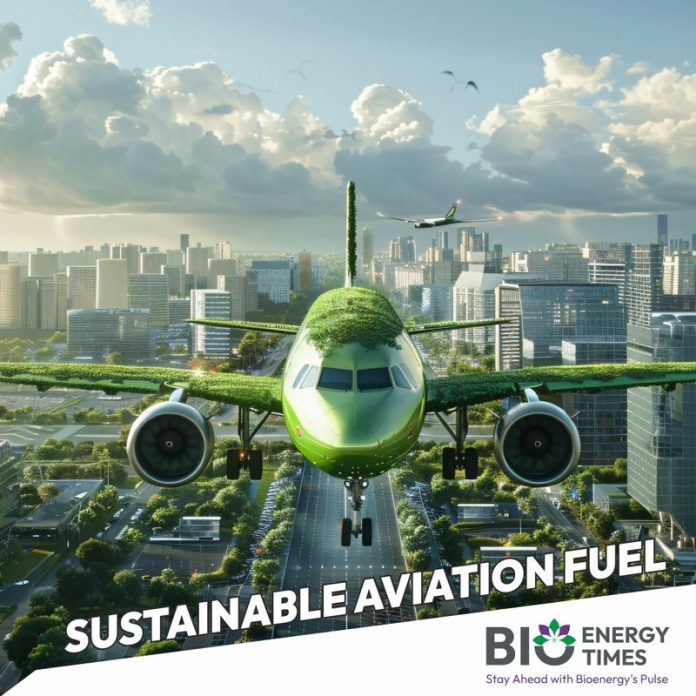A major international research programme has found that Southeast Asia has the potential to become a leading global supplier of sustainable aviation fuel (SAF), thanks to its abundant agricultural resources. The study, carried out by the Association of Southeast Asian Nations (ASEAN) in collaboration with Boeing, the Canadian Trade and Investment Facility for Development (CTIF), and engineering firm GHD, focused on the availability and potential of SAF feedstock across seven countries in the region, reports Green Air.
Funded by Global Affairs Canada, the study examined technical and economic factors in Cambodia, Indonesia, Laos, Malaysia, the Philippines, Thailand, and Vietnam. The assessment covered feedstock supply, technology options, carbon emissions, logistics, environmental and social factors, and the financial landscape.
“This is a significant step forward in ASEAN’s efforts to promote sustainable aviation,” said Satvinder Singh, Deputy Secretary-General of the ASEAN Economic Community. “By tapping into local resources and innovation, we’re not only helping the environment but also boosting economic growth and improving energy security.”
The report, titled Promoting the Production of Sustainable Aviation Fuels for Agricultural Waste in the ASEAN Region, found that Indonesia, the Philippines, Thailand, and Vietnam could become net exporters of SAF by 2040. It also identified Japan and South Korea as likely key markets for SAF imports, although these countries, along with Singapore, may also have domestic production capabilities.
The study placed strong emphasis on using agricultural waste without causing deforestation or land use change. It suggested that production growth would come from better farming techniques, such as improved irrigation, more mechanisation, and research into crop efficiency. Waste products like rice straw, cassava residue, and forestry byproducts were seen as top candidates for SAF production, with rice straw earning the lowest carbon intensity rating among the feedstocks.
“Improving how we collect and use agricultural waste can create a reliable and sustainable source of fuel, without needing to expand farmland,” the report noted.
Two future scenarios were considered. One assumed that all participating countries would reach a 20% SAF blend target by 2040, based on average global goals. The second adjusted expectations according to each country’s stated targets and assumed that Cambodia, Laos, and Vietnam—none of which have SAF mandates yet—would not use SAF domestically.
The study also highlighted the social and economic benefits of local SAF production, including job creation, skill development, and better inclusion of women and underrepresented communities.
Canada’s Ambassador to ASEAN, Vicky Singmin, said the project had helped the ASEAN Secretariat understand the potential of local feedstock to support future SAF production.
The project was implemented by Canadian development consultancy Cowater International and the Institute of Public Administrators of Canada.
“Sustainable aviation fuel is the most effective way to reduce emissions in the aviation sector over the next three decades,” said Sharmine Tan, Boeing’s sustainability lead for Southeast Asia. “Southeast Asia is in a strong position to lead the way, but it will take joint action from governments and industry to create the right policies, invest in infrastructure, and scale up production.”
Sachin Narang of GHD described the project’s completion as a major milestone for sustainable aviation in the region. “The findings offer a strong base for future investment, policy, and development work around SAF,” he said.
The ASEAN Secretariat and its partners are now moving into the next phase, focusing on policy development, technical training, and building financial support, while encouraging stronger partnerships between governments, businesses, researchers, and investors.
For detailed information and further insights, please refer to BioEnergyTimes.com, which provides the latest news about the Sustainable Aviation Fuel Industry















